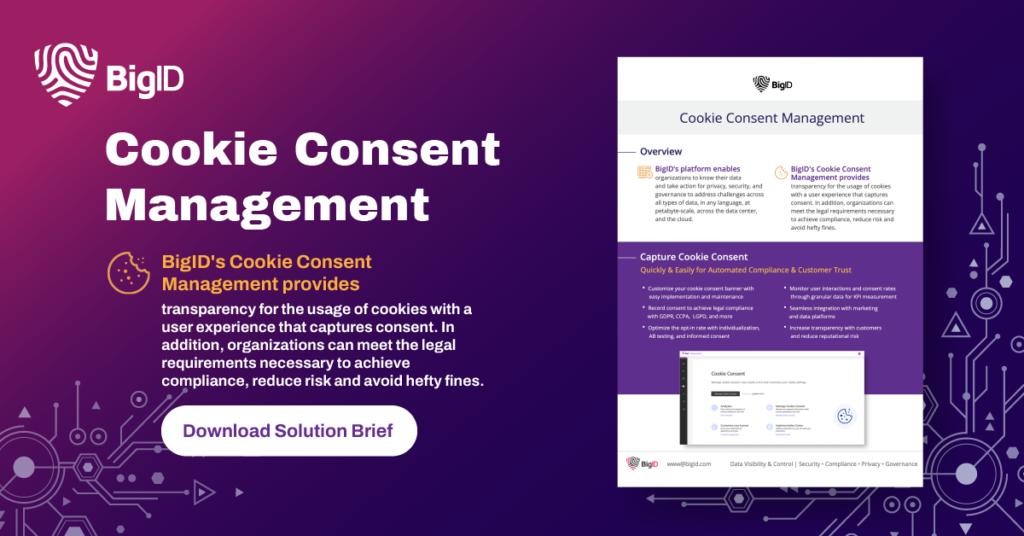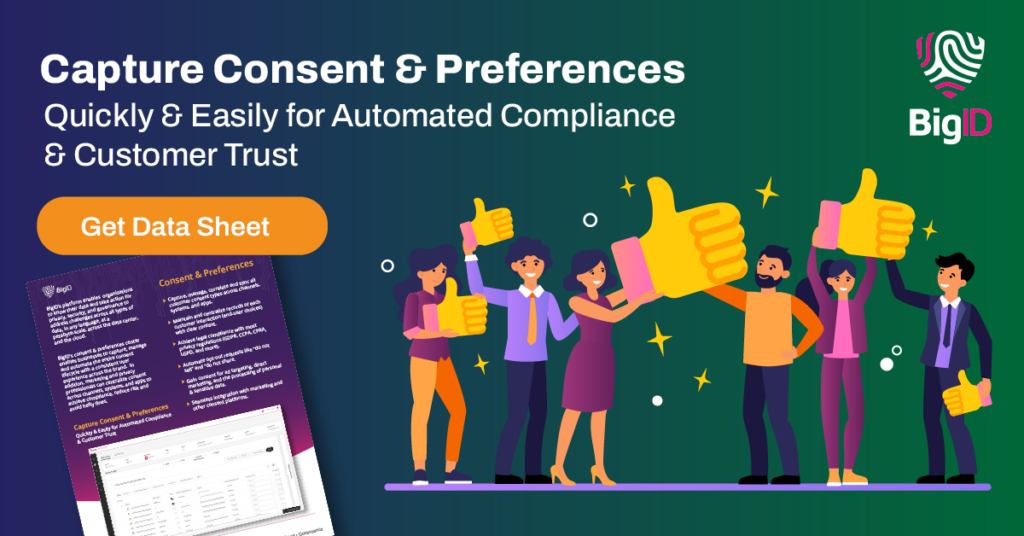What are cookies?
Cookies—not to be confused with the tasty sweet— are small text files that are created and stored on a user’s computer or mobile device when they visit a website. These files contain information about the user’s browsing behavior, preferences, and other data.
Cookies can be used by websites to enhance the user experience, provide personalized content, and track user interactions. Common types of cookies include:
- Session Cookies: These cookies are temporary and are stored in the user’s device memory while they are actively browsing a website. They help maintain session information and enable website functionalities like remembering items in a shopping cart.
- Persistent Cookies: Unlike session cookies, persistent cookies are stored on a user’s device even after they leave a website or close their browser. They have an expiration date and are used to remember user preferences and settings for future visits.
- First-party Cookies: First-party cookies are set by the website domain that the user is currently visiting. They are typically used to remember user preferences, such as language selection or theme customization.
- Third-party Cookies: These cookies are set by domains other than the one the user is currently visiting. They are commonly used for advertising, tracking user behavior across multiple websites, and delivering targeted advertisements.
- Analytical Cookies: Analytical cookies collect data about how users interact with a website, including information about the pages visited, time spent on each page, and any error messages encountered. This data helps website owners understand and improve the performance and user experience of their site.
What is cookie consent?
Cookie consent refers to the act of obtaining user permission or consent before placing or accessing cookies on their devices through a website or online service. It’s important to note that while cookies can enhance the user experience, privacy considerations should be taken into account.
How does cookie consent work?
Cookie consent is typically enacted through the following steps:
- Cookie Consent Notice: When a user visits a website, they are presented with a cookie consent notice or banner that informs them about the use of cookies on the site. This notice should be prominently displayed and provide clear and concise information about the types of cookies used, their purposes, and any third parties involved in the data processing.
- Consent Mechanism: The cookie consent notice should include a mechanism for the user to provide their consent or make choices regarding the use of cookies. This mechanism can include options such as “Accept All,” “Accept Selected,” or “Customize Preferences.” Users may be able to choose which categories of cookies they want to allow or deny consent for specific purposes.
- Granular Consent: To comply with regulations like the GDPR, websites should offer granular consent options. This means users can choose to accept or reject different types of cookies based on their preferences. For example, they may consent to necessary cookies for website functionality while opting out of non-essential cookies for advertising or analytics.
- Cookie Settings or Preferences: Websites often provide a dedicated cookie settings or preferences page where users can manage their cookie choices after giving initial consent. This allows users to review and change their preferences at any time.
- Implied Consent vs. Explicit Consent: In some jurisdictions, implied consent is sufficient for certain types of cookies that are essential for the website’s operation. However, for non-essential cookies, explicit consent is generally required. Explicit consent means users actively and knowingly provide their consent by taking an action, such as clicking an “Accept” button.
- Cookie Policy: Websites should have a comprehensive and easily accessible Cookie Policy that provides detailed information about the cookies used, their purposes, data retention periods, and how users can manage their cookie preferences. The Cookie Policy should align with applicable regulations and be written in clear and understandable language.
It’s important for websites to implement cookie consent mechanisms that are user-friendly, transparent, and compliant with applicable laws and regulations. This ensures that users have control over their personal data and can make informed choices regarding the use of cookies.

Cookie consent compliance regulations
GDPR requirements for cookie consent:
- Informed Consent: The GDPR emphasizes the need for informed consent. Websites must provide clear and specific information about the types of cookies used, their purposes, and any third parties involved in data processing.
- Explicit or Implied Consent: For non-essential cookies, explicit consent is generally required. Users must actively and knowingly give their consent through a clear affirmative action, such as ticking a box or clicking an “Accept” button. Implied consent may be acceptable for essential cookies that are necessary for the website’s operation.
- Granular Consent: GDPR encourages granular consent, allowing users to choose which specific types of cookies they want to accept or reject. Websites should offer options to manage consent preferences at a granular level.
- Opt-in vs. Opt-out: The default settings for cookies should generally be set to “opt-out,” meaning cookies are not placed on the user’s device unless the user actively opts in by giving their consent.
- Withdrawal of Consent: Users should have the ability to withdraw their consent easily and at any time. Websites must provide clear and accessible mechanisms for users to change their cookie preferences or withdraw consent.
CCPA requirements for cookie consent:
- Notice at Collection: Websites must provide a clear and conspicuous notice at or before the point of collection of personal information, including through cookies. The notice must inform users about the categories of personal information collected and the purposes of collection.
- Opt-out Rights: CCPA provides users with the right to opt out of the sale of their personal information. If cookies are used for targeted advertising or similar purposes, users must be provided with a clear and prominent “Do Not Sell My Personal Information” link or button to exercise their opt-out rights.
- Privacy Policy: Websites must have a comprehensive and up-to-date Privacy Policy that discloses the categories of personal information collected, the purposes of collection, and the categories of third parties with whom the information is shared.
- Non-Discrimination: Websites should not discriminate against users who exercise their rights, including the right to opt out of the sale of personal information through cookies.
Who must comply?
Cookie consent regulations, such as the General Data Protection Regulation (GDPR) in Europe and the California Consumer Privacy Act (CCPA) in the United States, apply to any organization or website that collects and processes personal data through the use of cookies or similar tracking technologies. The regulations have a broad scope and impact various entities, including:
- Websites and Online Services: Any website or online service that operates within the jurisdictions covered by the regulations must comply. This includes websites of businesses, e-commerce platforms, social media platforms, blogs, news sites, and other online platforms that gather user data through cookies.
- Businesses and Organizations: Any organization that processes personal data through cookies, whether for its own website or for third-party websites, must comply with cookie consent regulations. This includes businesses of all sizes, non-profit organizations, and governmental entities.
- Third-Party Service Providers: Service providers that assist websites in collecting and processing personal data, such as analytics providers, advertising networks, and social media plugins, also need to comply with the regulations to ensure they handle user data appropriately.
- E-commerce Platforms and Online Advertising Networks: Platforms that facilitate online transactions and online advertising networks that deliver targeted ads based on user data are subject to cookie consent regulations. These entities often collect and process personal data through cookies to provide personalized experiences and advertisements.
It’s important to note that the specific requirements and applicability of cookie consent regulations may vary depending on the jurisdiction. Organizations should review the applicable laws and regulations in the regions they operate in to ensure compliance with cookie consent requirements.
Do you need a cookie banner on your website?
A cookie banner is a component of cookie consent, but they are not exactly the same thing.
A cookie banner is a notification that appears on a website to inform users about the use of cookies. It typically appears at the top or bottom of the webpage and includes a brief message about the website’s cookie usage and a link to the full Cookie Policy or preferences/settings page. The cookie banner serves as the initial point of communication to raise awareness and provide essential information about cookies.
On the other hand, cookie consent refers to the act of obtaining user permission or consent before placing or accessing cookies on their devices. While the cookie banner initiates the communication, cookie consent involves obtaining explicit or implied consent from users to proceed with the use of non-essential cookies.
Cookie consent is typically facilitated through the cookie banner or a separate pop-up that contains the necessary options for users to provide their consent or make choices regarding the use of cookies. The consent mechanism within the banner or pop-up allows users to accept or reject cookies or customize their preferences based on the available options.
Accelerating Cookie Consent Management with BigID
BigID is an industry leading data intelligence solution for privacy, compliance, security, and governance. With the use of advanced AI and machine learning capabilities, BigID’s Data Discovery Foundation automatically scans, classifies and correlates personally identifiable information (PII) across your organization’s entire data landscape, including different types of cookies like essential, functional, analytics, and advertising cookies.
Additionally, BigID’s Data RoPA App enables you to map and validate data flows, ensuring compliance by aligning data sources, assets, and owners. The Consent Governance App provides a centralized view of consent, allowing you to manage and align consent policies with individuals and their respective data sources.
Efficiently handle data deletion requests, retrieve records for data subjects, define policies for legal holds or erasure, and improve compliance by only storing necessary data. Lastly, BigID’s PIA Automation App streamlines privacy impact assessments (PIAs) related to cookies, simplifying collaboration with data owners, optimizing workflows, and generating customized PIA templates to assess privacy risk effectively.
To gain better insight into your organization’s privacy data and ensure cookie compliance—get a 1:1 demo with BigID today.


